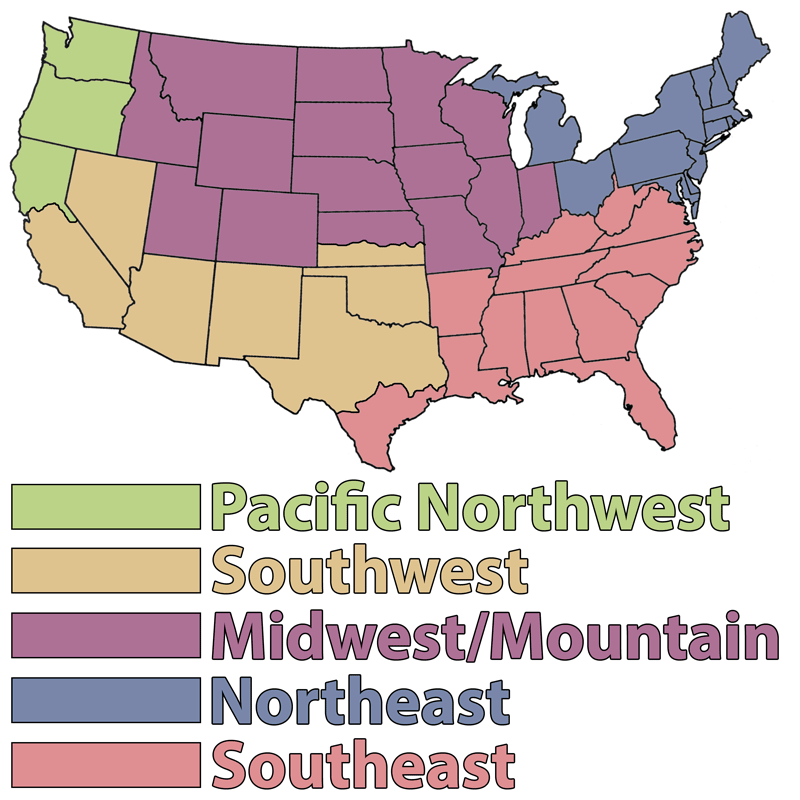You can start some perennials now, including delphinium, carnation, and armeria.
Gardening Tasks by Month for Littleton, NH
Gardening Tips
Littleton, NH
Grow some herbs in containers, such as fresh parsley.
Avoid walking on the lawn during a winter thaw.
Don’t forget winter birds! Put out water, seeds, and suet.
Remember to prune your houseplants regularly. Pinch back new growth to encourage bushier plants.
Rotate houseplants so they get even sun and growth.
Force a winter bouquet from cut branches of forsythia, pussy willow, deutzia, wisteria, lilac, apple, peach, or pear. Bruise the cut ends and set them in water. Spray the branches frequently. Keep them in a cool place until they bloom, then move to a warmer area for display.
Re-invigorate your houseplants by removing the top 1/4 inch of soil and top-dressing with fresh potting soil.
Spider mites are apt to thrive in warm, dry houses. Frequent misting under the leaves of houseplants will discourage them. A solution of 1 cup flour, 1/4 cup buttermilk, and a gallon of cool water, applied in a mist, is a good organic deterrent.
Houseplants will be sensitive to overfeeding at this time of year. Provide lots of sunlight, fresh air, and frequent bathing for plants that seem a little worse for the winter.
Forced paper-white narcissus will bloom more quickly now than earlier in the season.
Shop early for seeds from catalogs and garden stores. The early shopper gets the best choice of seed varieties.
Start some annuals, especially those that have slow growth, including marigolds, impatiens, pansies, snapdragons, and petunias.
Plan some window boxes. Good choices for plants: zinnias, nasturtiums, petunias, geraniums, begonia. Edible choices: cherry tomatoes, lettuce, kale, and herbs.
Test the germination of last year’s surplus seeds before ordering new ones. Place ten seeds between damp paper towels. Keep them consistently damp and in a dark place. Check germination rates to determine how many seeds to use for your real planting.
Take an inventory of your preserved foods—in the freezer, in cans, or the root cellars. This should help you decide your seed order for the upcoming season.
Spread wood ashes around lilacs to benefit growth and bloom in the spring.
Test buds of peaches and other sensitive fruits for freeze damage. Bring in a few twigs cut from the trees and place them in a vase of water. If the twigs bloom in a week or two, expect blossoms in the spring and a crop next fall.
Set up birch branches that may have been bent by snow or ice, as soon as possible. If neglected, the branches will permanently adopt their leaning position.
Cut poles for peas, beans, and other climbers now. Peel off the bark and set them in a dry area until they are needed.
Keep this in mind while pruning: Fruit usually grows on the horizontal branches, rather than the vertical ones. Vertical branches may be trained to become horizontal by weighting them down for a few weeks. This may also be done in the summer.
A barrel or other covering placed over rhubarb plants will hasten the spring crop.
Start onions from seed now. They’ll be ready for setting out in April. Onions from seed are generally firmer and longer lasting than from sets.
Start parsley indoors now. You may think you have successfully wintered over the plant, but it is a biennial and will soon go to seed.
